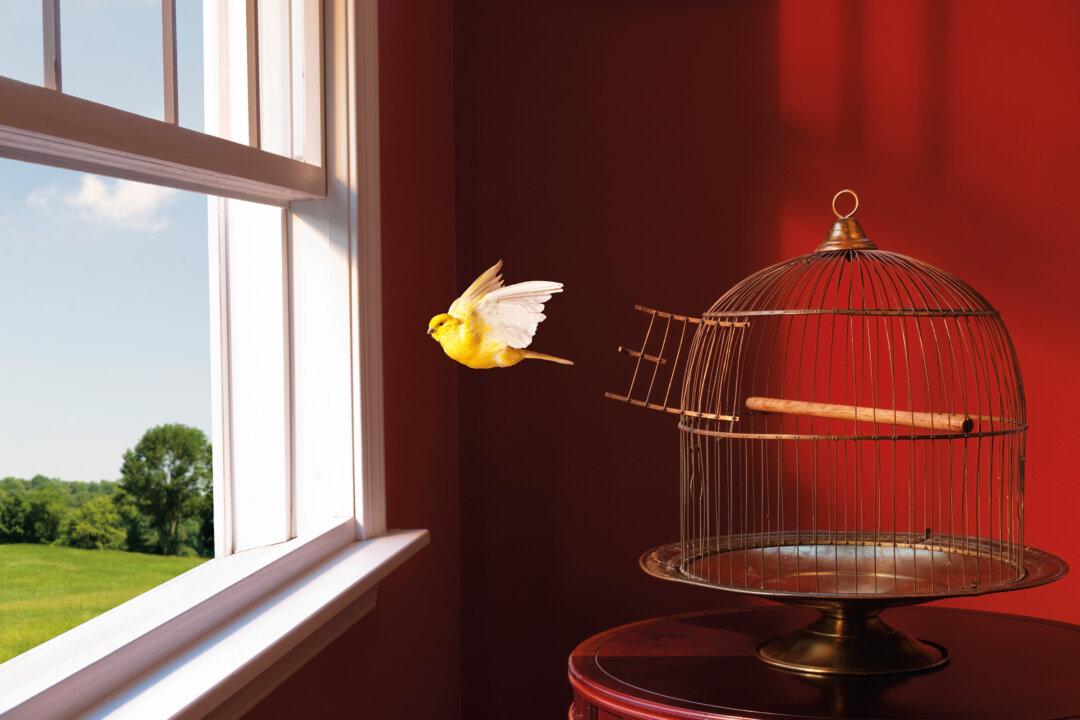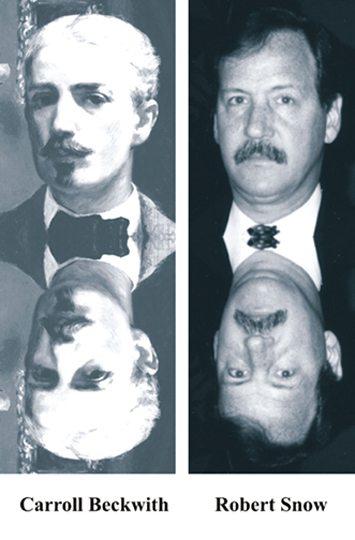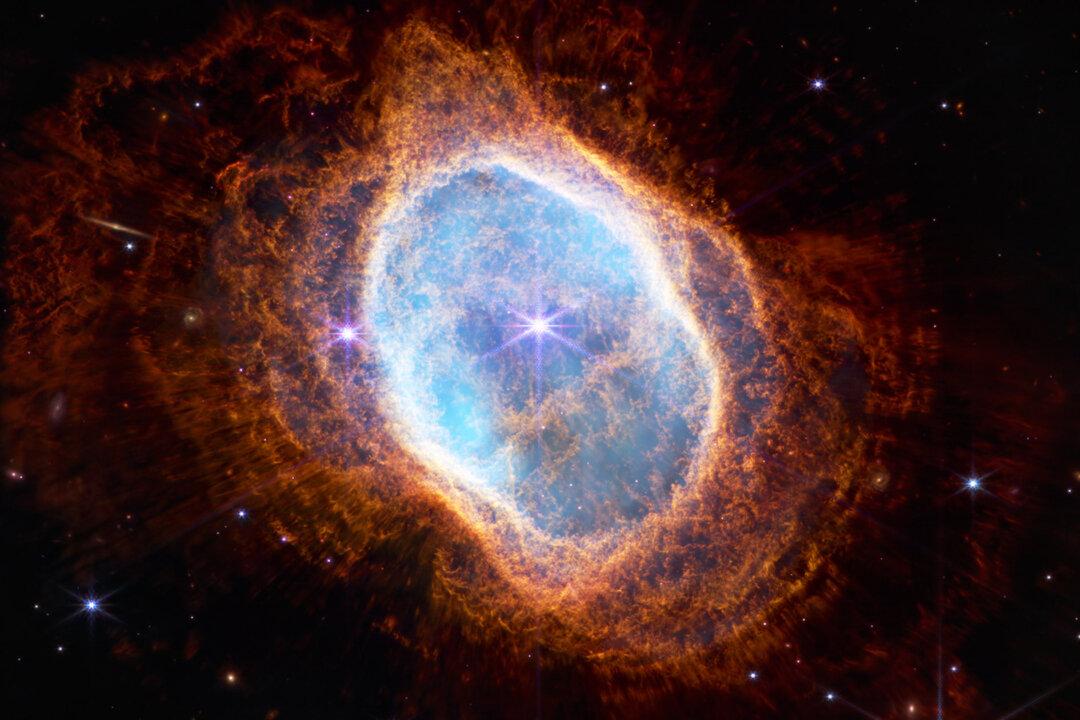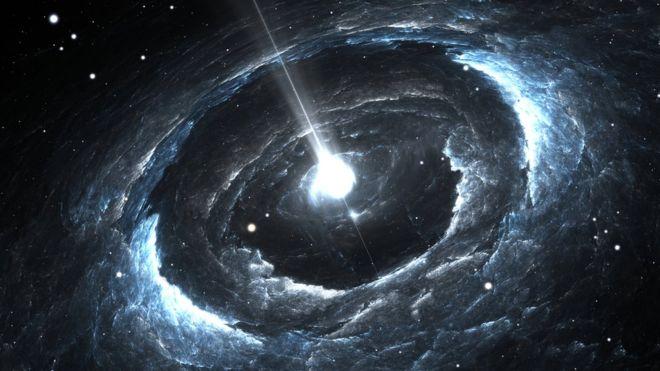“We hide from our own deepest identity when we postulate that consciousness is extinguished with the death of the body- resulting in a severe gap in our capacity for self-knowledge.” —Jefferey Mishlove, psychologist and parapsychologistAs an admirer of science and constantly intrigued by its many achievements, I am also a being with my own spirit which, “scientifically” speaking, makes me and all of us spiritual beings first. The early science of society considered most things mythical, until universal experiences of evidence such as the existence of gravity, a heartbeat, etc., turned things upside down, putting the chaos in order. From Galileo’s discoveries to Einstein’s theories, society came to open up and broaden its mind more and more.
Now it is a common belief that “scientism” isn’t the same as science, as the former doesn’t look for the truth but sadly goes in the opposite direction.






